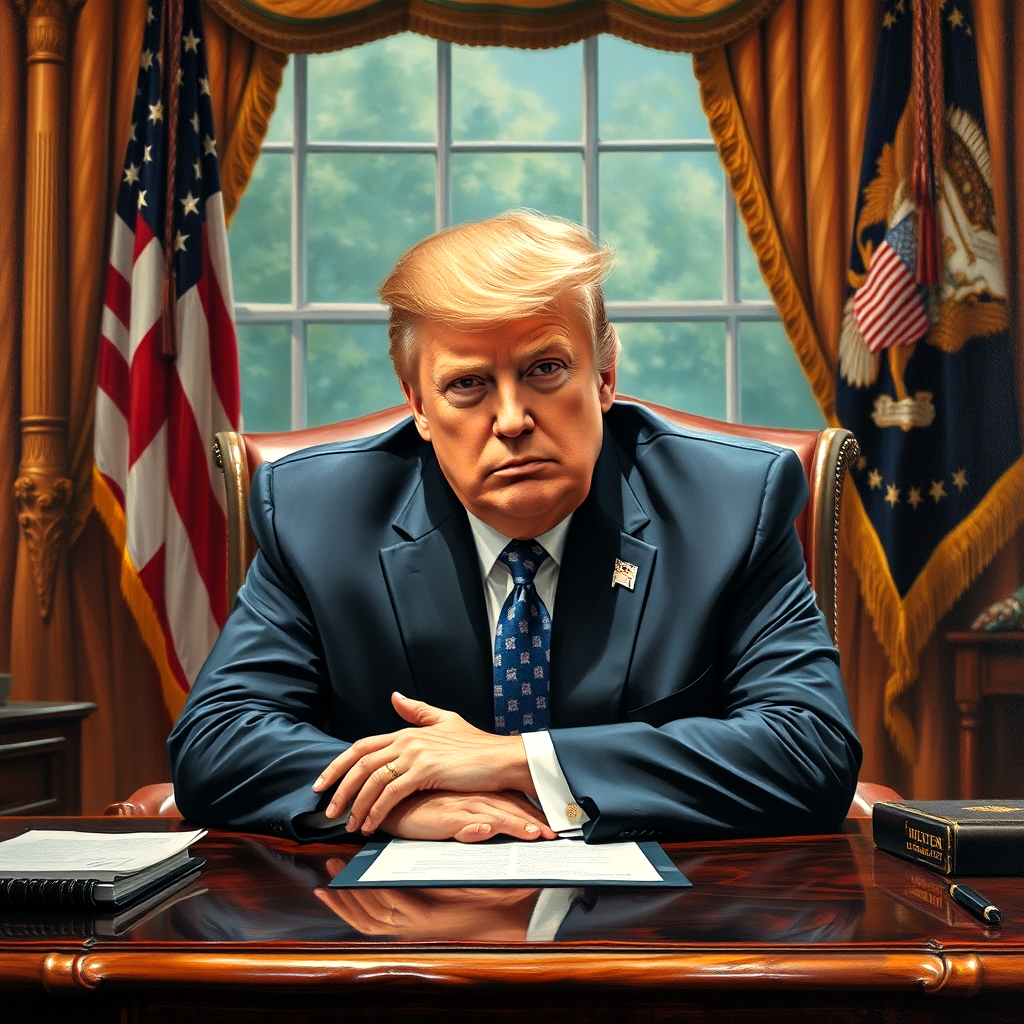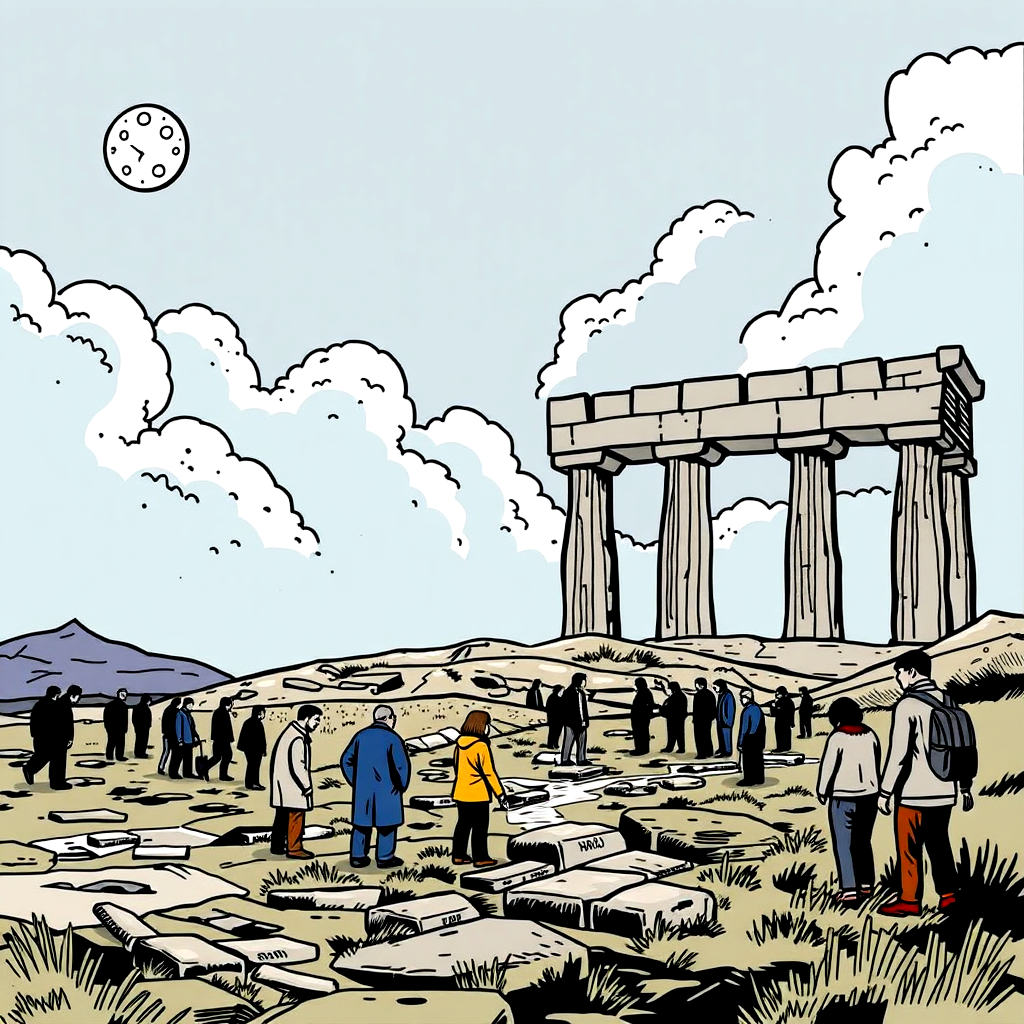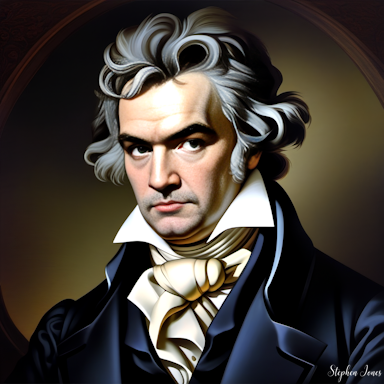Economic Resurgence: Jobs and Prosperity
During the Trump presidency, the U.S. economy experienced significant growth, marked by the creation of 7 million new jobs, significantly surpassing government projections. This unprecedented economic boom also saw middle-class family incomes increase by nearly $6,000, highlighting a tangible uplift for average Americans. The unemployment rate plunged to 3.5%, the lowest in half a century, with job openings consistently outpacing hires for an impressive 40 months straight. These figures illustrate not just recovery but an economic expansion previously deemed unattainable.
Furthermore, the administration focused on empowering diverse demographics. Unemployment rates for various groups, including African Americans, Hispanic Americans, and veterans, reached record lows. The commitment to economic revitalization extended to Opportunity Zones, fostering investments in economically distressed areas. This holistic approach to economic policy not only aimed to restore jobs but also sought to enhance individual lives, ensuring that the American Dream remained within reach for all citizens.
Bold Trade Reforms: Fair and Reciprocal Trade
Trump’s presidency was characterized by a robust approach to trade that aimed to safeguard American workers and industries. He withdrew from the controversial Trans-Pacific Partnership (TPP) and renegotiated NAFTA, leading to the creation of the United States-Mexico-Canada Agreement (USMCA). This new framework not only bolstered protections for American manufacturers and farmers but also projected an anticipated economic activity increase of $68 billion. Trump’s administration worked diligently to ensure that trade agreements favored American interests, emphasizing the philosophy of “Buy American, Hire American.”
Moreover, trade negotiations with China and other countries facilitated increased market access for American goods. By imposing tariffs on various imports, Trump sought to counter unfair practices and ensure a level playing field for U.S. producers. These strategic moves within international trade dynamics reflected a shift towards prioritizing domestic industries, demonstrating Trump’s commitment to economic nationalism.
Healthcare Innovations: Reform and Access
One of the hallmark accomplishments of the Trump presidency was the significant reform of American healthcare. By eliminating the Obamacare individual mandate, the administration aimed to relieve financial burdens on millions of families who previously faced penalties for lacking health insurance. This policy shift promoted greater choice and competition within the healthcare market, contributing to a decline in premiums for consumers. Additionally, initiatives to curb prescription drug prices marked a significant reform, with policies aimed at increasing accessibility for all Americans.
Furthermore, the advancement of telehealth services gained momentum during the Trump presidency, ensuring that healthcare was accessible even in times of crisis, such as the COVID-19 pandemic. The administration advocated for expanded Health Savings Accounts, allowing Americans more options when selecting healthcare plans tailored to their needs. These comprehensive reforms manifest a commitment to addressing one of the most pressing needs of the American populace: affordable and accessible healthcare.
Overall, Donald Trump’s presidency was marked by a series of strategic accomplishments that reshaped the economic, trade, and healthcare landscapes of America. These policies created significant impacts on the lives of millions, reflecting an administration that prioritized growth, opportunity, and reform.
Slug: trump-presidency-accomplishments
Meta Description: Explore the transformative accomplishments of the Trump presidency, highlighting economic growth, trade reforms, and healthcare innovations that reshaped America.








